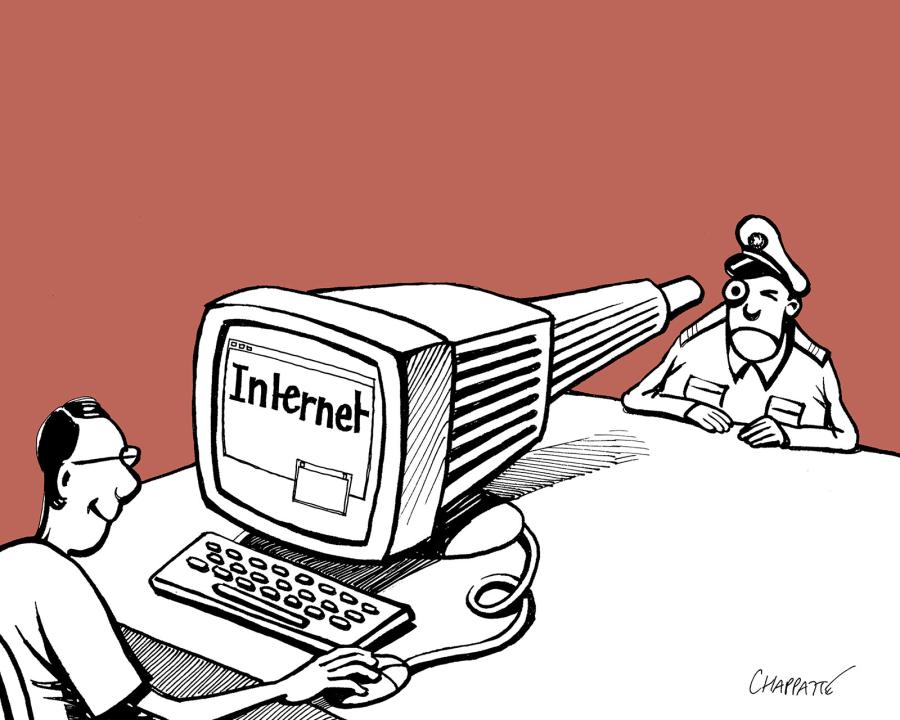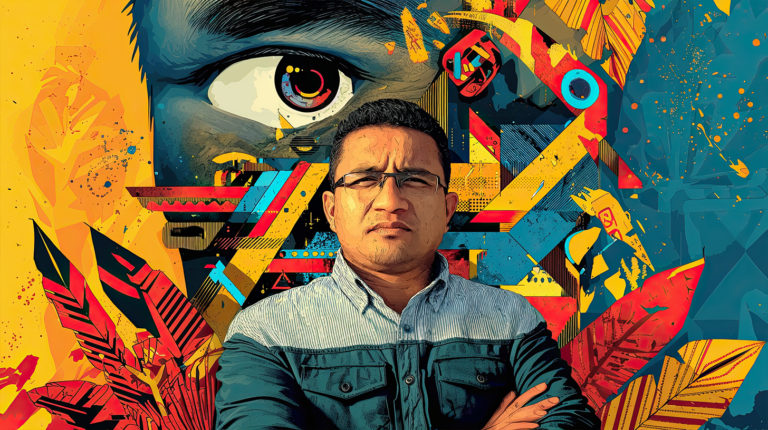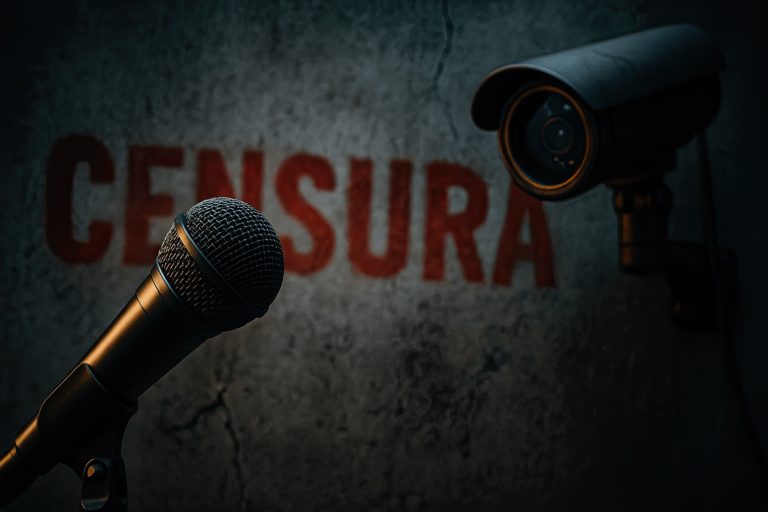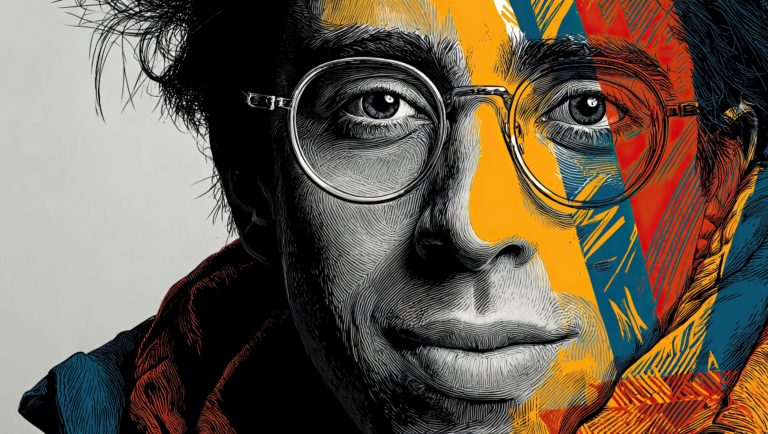Social Media: Are We Being Manipulated by Algorithms?
On social media, everything seems accessible at first glance. However, what we see, share, and discuss is filtered by invisible algorithms that decide what should be highlighted or, conversely, discreetly erased. Behind this ecosystem, economic and political interests shape public debate under the guise of combating misinformation.
A Controlled Space of Freedom
We once believed that the internet and social media provided absolute freedom of expression. But that idea is now obsolete. Modern censorship no longer takes the form of dictators silencing opponents but rather a subtle and automated control. Keywords can render a post invisible, a simple opinion can be relegated to the bottom of the feed, and an account can be demonetised without explanation.
The Mechanisms of Algorithmic Censorship
Platforms use recommendation algorithms that determine a post’s visibility based on various criteria. Officially, they aim to prevent false information and protect users. In reality, this system promotes certain narratives while suppressing others. Shadow banning, for instance, drastically limits an account’s reach without informing the user—a digital death sentence for those who rely on their audience.
Who Pulls the Strings?
Governments and lobbying groups play a major role in this filtering process. The Twitter Files exposed how some states exert direct pressure on platforms to remove inconvenient content. During crises, such as the pandemic or the war in Ukraine, certain information deemed “sensitive” disappears or is labelled “false” before it can even be debated.
The Israel-Palestine case is emblematic of this targeted censorship. Pro-Palestinian accounts are systematically restricted, videos of war crimes are deleted, and any criticism of Israel is equated with anti-Semitism under the influence of powerful lobbying groups. This manipulation is not limited to social media—it also extends to traditional media, effectively locking down the official narrative.
A Matter of Money and Power
Beyond political pressures, platforms have their own financial interests in censoring certain content to protect advertising revenues. Large corporations refuse to be associated with controversial topics, pushing social networks to limit such discussions. Profitable controversies that generate engagement are prioritised, while overly critical or subversive content disappears from news feeds.
Towards Total Information Control?
This soft censorship is redefining the boundaries of public discourse. Far from being spaces for open debate, social media platforms are becoming propaganda tools where only certain narratives are allowed to flourish. This standardisation of thought directly threatens democracy, as evidenced by the massive suppression of content exposing war crimes in Palestine, where videos from independent journalists are routinely removed under the pretext of violating community guidelines. How can we critically inform ourselves if all sources of information are not accessible?
How to Resist?
The first step is to identify these censorship mechanisms. Tools like Shadowban.eu help detect whether an account is being limited. Other alternatives, such as Mastodon or PeerTube, offer decentralised platforms that are more resistant to censorship.
Citizen pressure can also make a difference. A striking example is the public outcry over the censorship of pro-Palestinian content on Instagram and Twitter. Faced with mass outrage and campaigns denouncing these removals, Meta was forced to temporarily adjust its algorithms and restore some posts. Such collective action shows that vigilance and organisation can influence the decisions of major platforms.
Conclusion: A Battle for Free Speech
“Those who control the flow of information control the perception of reality.” – Edward Snowden
Social media is far from being mere communication tools—they have become battlegrounds where a crucial fight for free speech is unfolding. Rejecting algorithmic censorship means refusing to let a small number of actors decide what we can think, say, and know. There is still time to act before total information control becomes an accepted norm. If we do not actively resist this invisible censorship, we will become passive spectators of a manipulated reality.es an accepted norm. If we do not actively resist this invisible censorship, we will become passive spectators of a manipulated reality…
G.S.






